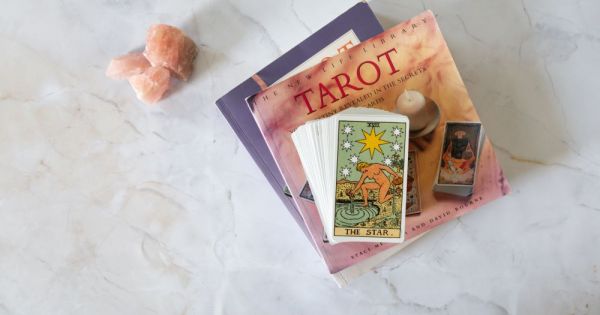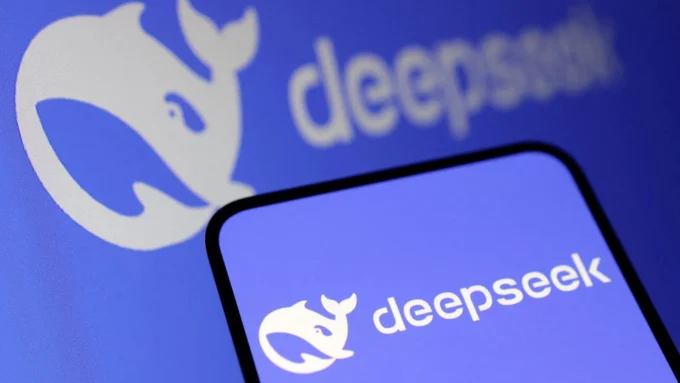Tech moves fast—stay faster.
Tech moves fast—stay faster.
From Clubs to Coffee Shops: How Tarot Is Powering China’s Gen Z Spiritual Boom


By Farhan Ali • June 23, 2025
At the intersection of nightlife, mental health, and ancient mysticism, a new cultural movement is gaining ground across China. Gen Z, raised on digital speed and societal pressure, is turning to tarot as both a coping mechanism and a lifestyle.
The New Spiritual Scene
Bars and cafés across Shanghai, Beijing, and Chengdu now offer tarot readings alongside cocktails. Pop-up fortune-telling booths at live music venues, personalized astrology maps on WeChat, and livestreamed tarot sessions have become normalized. Spiritual services have gone from taboo to trend—especially among young urban women and students.
Why Now?
- Emotional Uncertainty: Job insecurity, housing pressure, and relationship disillusionment are driving a need for reassurance and “answers.”
- Digital Detox: Unlike tech-saturated social apps, tarot offers slow, analog reflection—something Gen Z craves.
- Therapeutic Framing: Many users view tarot as soft therapy—not prophecy. Readings provide language for personal growth.
- Aesthetic Appeal: Tarot decks have become status symbols—hand-painted cards, curated spreads, and photogenic sessions dominate Xiaohongshu and Douyin (TikTok China).

Economic Implications
China’s spiritual economy is no longer fringe. In 2024 alone, the market for metaphysical products and services exceeded ¥8 billion (~$1.1 billion USD), according to data from Chinese trend platform iiMedia Research. Tarot readers are monetizing via livestreams, private sessions, paid social subscriptions, and collaborations with local businesses.
Cultural Backlash?
Not everyone is supportive. Traditionalists and conservative media outlets have criticized the trend as escapism, superstition, or a symptom of youth disillusionment. Government authorities have occasionally cracked down on “unauthorized” fortune-telling shops, though enforcement is inconsistent.
Conclusion
Whether seen as spiritual therapy, aesthetic entertainment, or capitalist mysticism, tarot has become a lens through which China’s Gen Z is seeking identity, control, and clarity. In uncertain times, it’s not just about the future—it’s about surviving the present, one card at a time.

Additional References:
- Bloomberg Business (@bloombergbusiness)
- Sixth Tone (@sixthtone)
- SupChina (@supchina)
- Rest of World (@restofworld)
- VICE World News (@viceworldnews)
Explore more
China’s New ‘ASEAN Visa’ Aims to Deepen Regional Connectivity and Boost Economic Recovery
By Farhan Ali • June 23, 2025 In a move signaling China’s...
China’s Defense Industry Is Experiencing a “DeepSeek Moment” in Breakthrough and Independence
By Farhan Ali • June 23, 2025 China is no stranger to...
FIFA Selects Jakarta as Regional Headquarters for Southeast and East Asia—Here’s What That Means for Football in the Region
By Evolution Staff • June 23, 2025 Jakarta has taken a giant...
Scoot Named World’s Best Long-Haul Low-Cost Airline by Skytrax—Here’s Why It Matters
By Evolution Staff • June 23, 2025 Scoot, the low-cost subsidiary of...













Leave a comment